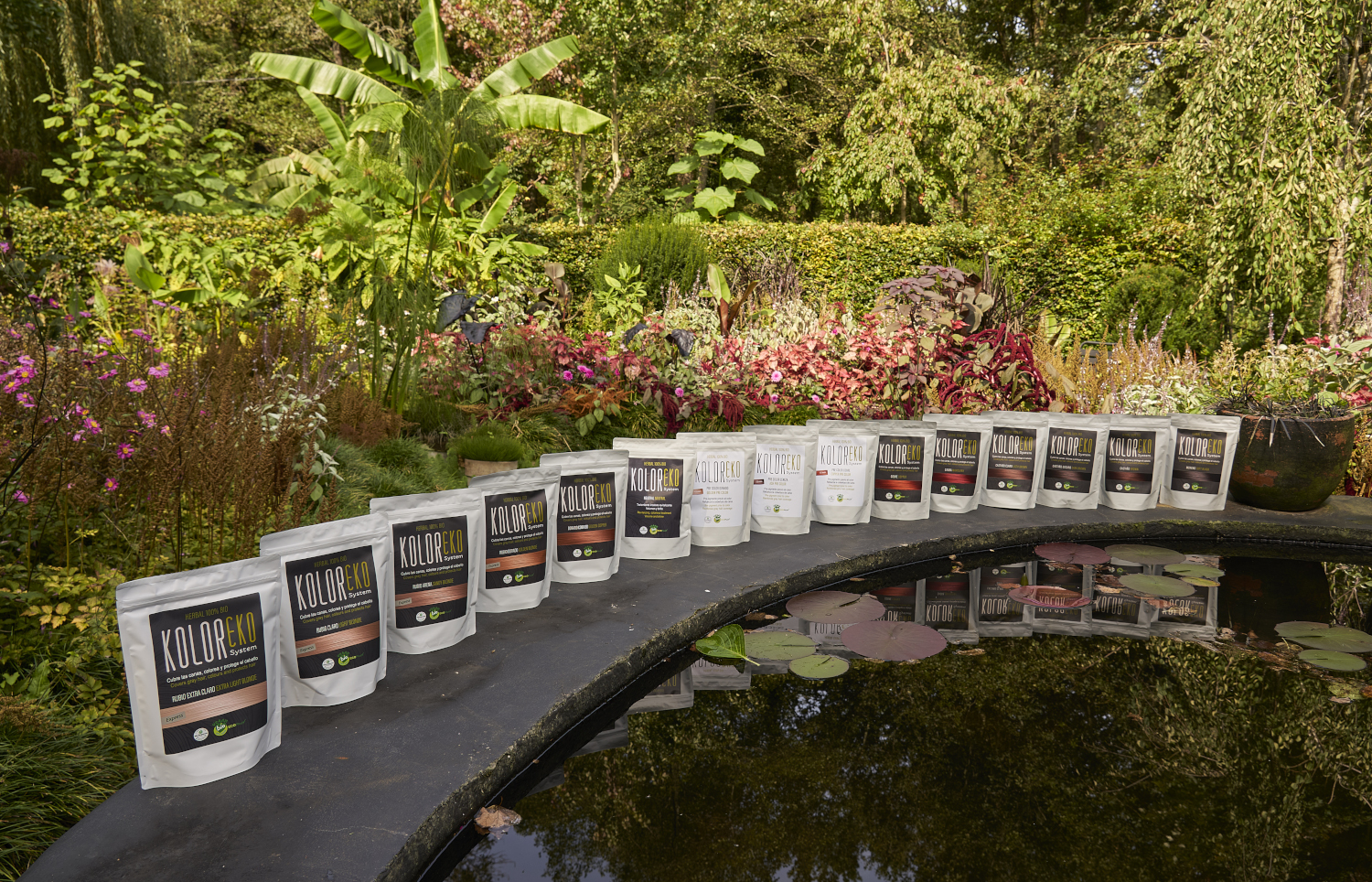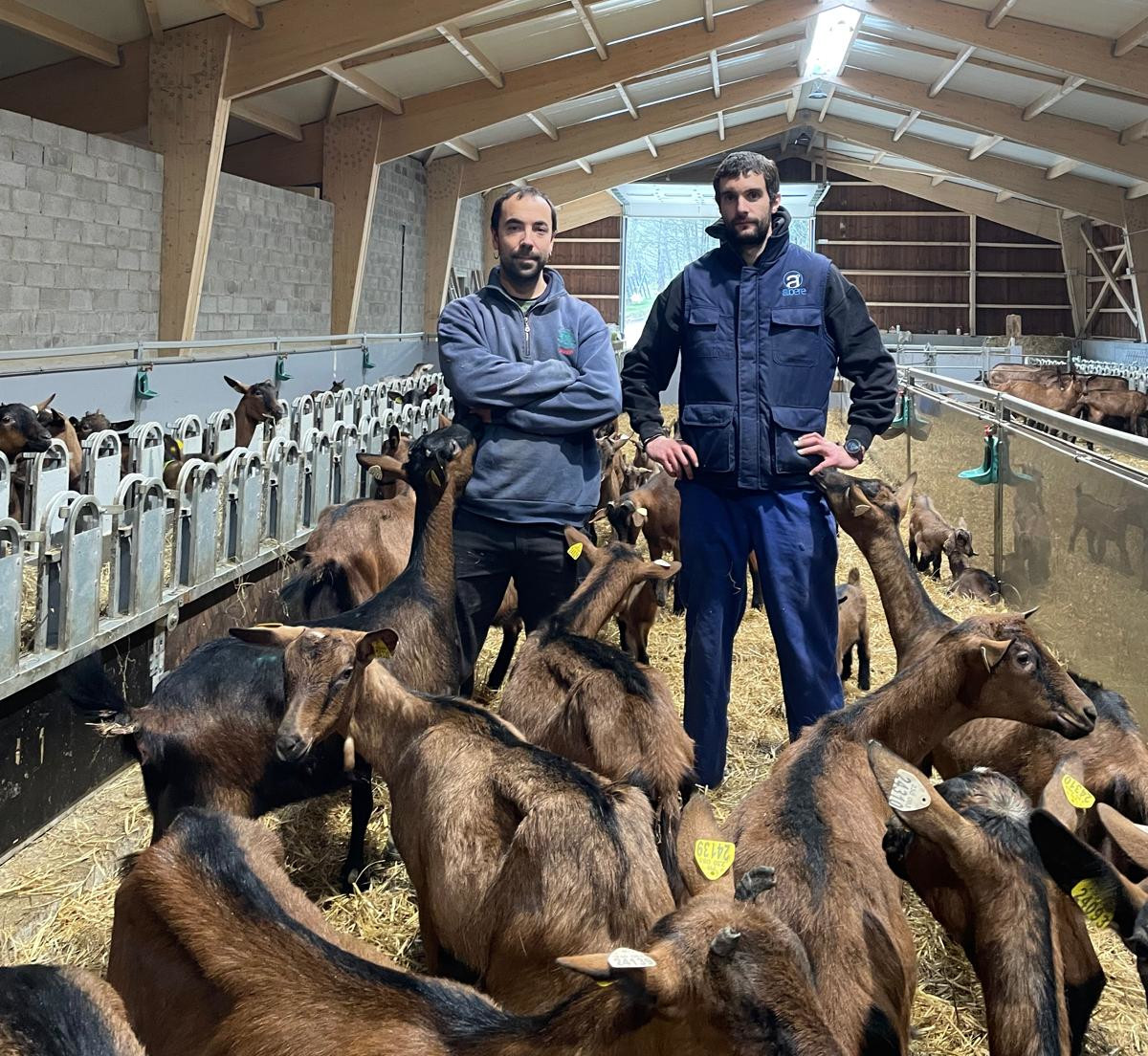Prolonging the life of canned products with producer surpluses
- Zuriñe Vigalondo Otsoa and her daughter Maitane Beltrán de Guevara are behind Álava’s Ekotarriko project. Vigalondo's son makes an organic vegetable garden in Zuhatzu-Kuartango, while her husband reared oxen in the ecological model. “The aim was to take advantage of the surpluses of their productions when we started the project in 2015,” the Alavés explains. These "surpluses" would have been prepared in the kitchen and preserved in glass containers, which would give them a new opportunity to market their products. Since then, the surpluses of the baserritars in the area have also been seized. They say it's like a "clean spot" so that food isn't wasted and that in every county there should be one of them.

The old resort of Zuhatzu-Kuartango becomes a janitor
Vigalondo and daughter were left without a place to transform the products produced by their son and her husband, and they contacted the City Hall to discuss whether something could be done in the village. At that time they met with an unused old resort and reached an agreement with the City Hall: the members of Ekotarro would make an investment of machinery for the elaboration of preserves and, in return, the City Hall would allow them to use the building for a while.
In 2015, mothers and daughters began to pack foods with homemade products: chickpeas with chorizo, meatballs, pea meat, vegetable pesto, tomato, vegetables and fruit tarrites for children... At that time, fifteen different dishes were embarked. In 2016, they moved from one trade fair to another to publicize their packaged organic products and get customers.
Lur Araba Project
In 2017, the Alavés project received a subsidy from the Basque Government and the European Funds, and if until then it was only used to transform products produced by households, it also began to provide this service to producers in the area. “Producers often do not have the means or knowledge to make the conserves with the necessary permits and to make the full labelling. Thanks to this aid, we had time to offer this service to more than thirty Algerian producers.” They hired the cook, and with their surpluses they made preserves.
Vigalondo says that the Lur Araba project is a kind of "clean point" of vegetables: “The primary sector generates perishable foods, but when converted into preserves, they last a long time. That’s why I say that in every county there should be a transformation center of this kind.” In 2019, the subsidy for the start-up of the Lur Araba project was finalised and no new producers have been incorporated into the Ekotarri area. Over the years, however, work continues with those who have participated in the project.
Duela lau urte abiatu zuten Azpeitian Enkarguk proiektua, Udalaren, Urkome Landa Garapen Elkartearen eta Azpeitiako eta Gipuzkoako merkatari txikien elkarteen artean. “Orain proiektua bigarren fasera eraman dugu, eta Azkoitian sortu dugu antzeko egitasmoa, bere izenarekin:... [+]
Donostiako Amara auzoko Izko ileapaindegi ekologikoak 40 urte bete berri ditu. Familia-enpresa txikia da, eta hasieratik izan zuten sortzaileek ile-apainketan erabiltzen ziren produktuekiko kezka. “Erabiltzaileen azalarentzat oso bortzitzak dira produktu gehienak, baina... [+]
Ubidekoak (Bizkaia) dira Imanol Iturriotz eta Aritz Bengoa gazteak. “Lagunak gara txikitatik, eta beti izan dugu buruan abeltzaintza proiektu bat martxan jartzeko ideia”, azaldu du Iturriotzek. Nekazaritzari lotutako ikasketak izan ez arren, baserri munduarekin eta... [+]
Iruñean bizi ziren Iñaki Zoko Lamarka eta Andoni Arizkuren Eseberri gazteak, baina familiaren herriarekin, Otsagabiarekin, lotura estua zuten biek betidanik. “Lehen, asteburuetan eta udan etortzen ginen eta duela urte batzuk bizitzera etorri ginen”, dio... [+]
Gipuzkoako hamaika txokotatik gerturatutako hamarka lagun elkartu ziren otsailaren 23an Amillubiko lehen auzo(p)lanera. Biolur elkarteak bultzatutako proiektu kolektiboa da Amillubi, agroekologian sakontzeko eta Gipuzkoako etorkizuneko elikadura erronkei heltzeko asmoz Zestoako... [+]
Emakume bakoitzaren errelatotik abiatuta, lurrari eta elikadurari buruzko jakituria kolektibizatu eta sukaldeko iruditegia irauli nahi ditu Ziminttere proiektuak, mahai baten bueltan, sukaldean bertan eta elikagaiak eskutan darabiltzaten bitartean.





















